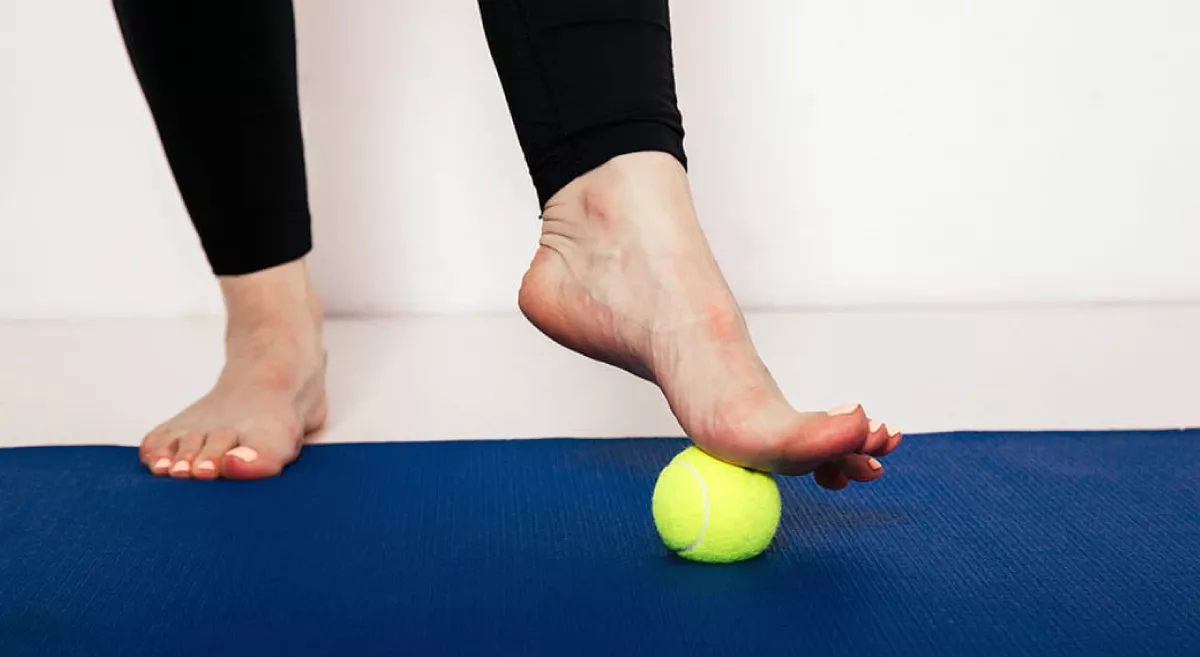The department of Physical Medicine & Rehabilitation at Aster Hospital, aims to eliminate pain and disability of an individual and enhance his/ her quality of life. A well-planned rehabilitation strategy has the power to reverse potential impairments associated with various conditions like stroke, fractures, disc herniation, cervical and lumbar spondylosis etc. We have a dedicated team of physiotherapists who are experts in treating a wide array of musculoskeletal, cardio-respiratory, neurology, and sports injuries. We also provide post-surgical rehabilitation which aims at making our patients return to their prior level of physical function as soon as possible. Our department is well equipped with physical therapy modalities such as traction, ultrasound, interferential therapy (IFT), wax bath, electrical stimulator, heat therapy unit, continuous passive mobilisation unit, and quadriceps strengthening chair.
Our Doctors
We have some of the best specialists from around the world, they bring years of experience and offer evidence-based treatment to ensure the best care for you.
Patient Stories
Our patients are our best advocates, hear the inspiring stories of their treatment journey
Blogs
The source of trustworthy health and medical information. Through this section, we provide research-based health information, and all that is happening in Aster Hospital.
News & Events
Stay updated with the latest happenings at Aster Hospitals. Explore our News and Events section for insightful articles, health tips, upcoming events, and noteworthy achievements.


























